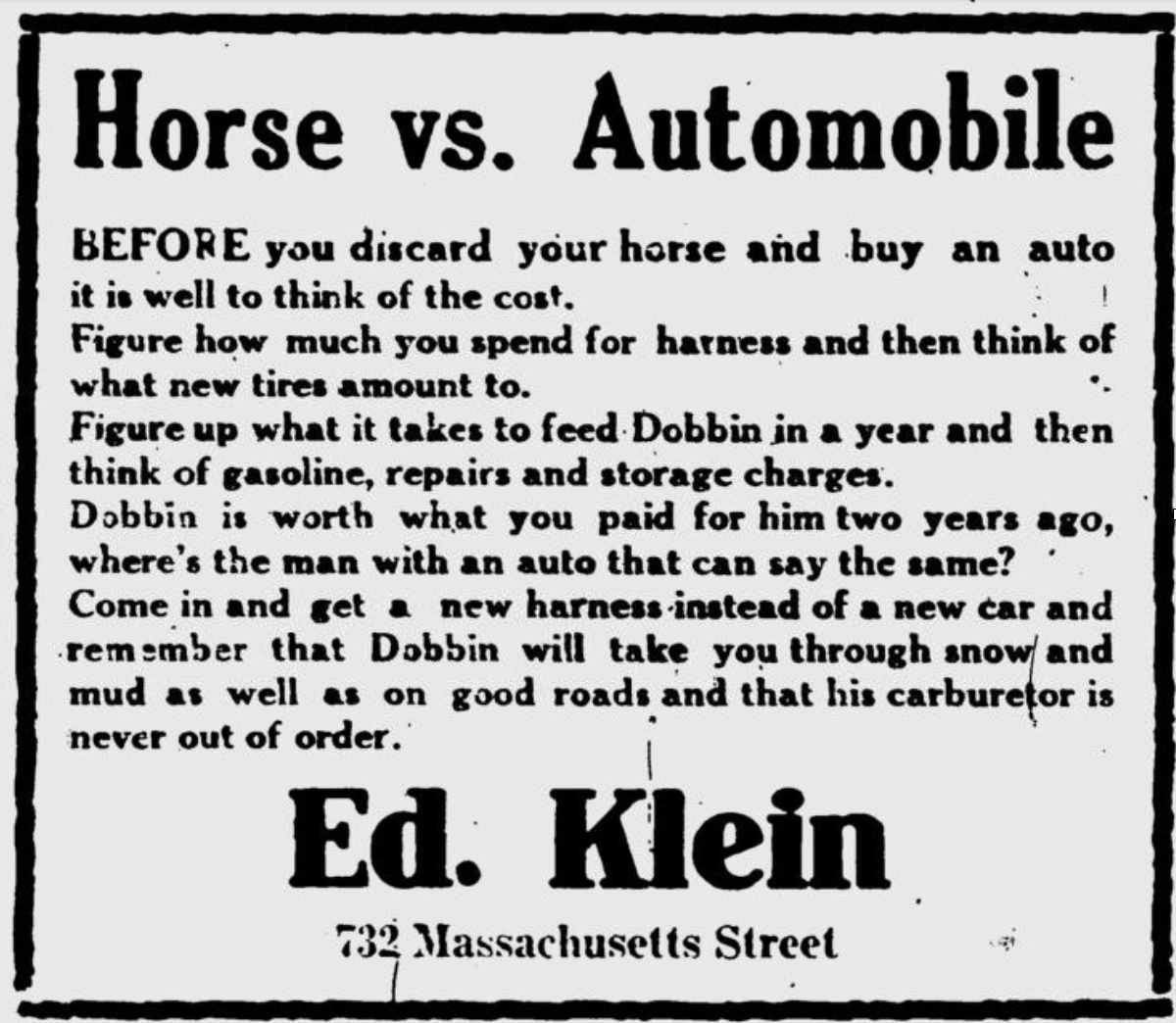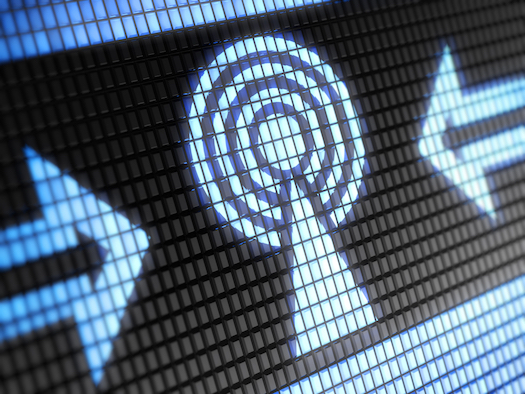Radio Tomorrow with James Cridland

Source: The Lawrence Journal-World, Aug 3, 1915 .
Ask “what is radio”, and you can probably break radio people into three distinct types based on their answer:
1. “If it ain’t on an AM transmitter, it ain’t proper radio”
2. “It’s all radio, even Spotify or Pandora”
3. “Proper radio is something that has a human connection and a shared experience”
I’m in the last category. I believe there is a big difference between “Pandora Radio” – an algorithmic jukebox that nobody else is hearing – and what comes out of a speaker when listening to a radio station. In reality, though, most people are in the mid category. Anything that gives listeners some audio-based entertainment is, to most, known as “radio” – no matter whether I feel it is proper radio or not.
I’ve little time, however, for those who continue to try to argue about a definition of radio based on owning a transmitter. To me, they’re the equivalent of Ed Klein, the producer of this fine advert from 1915, desperately trying to convince people that they want a horse, not a motor car.
It’s with this in mind that I peruse the latest piece of research from the UK’s media regulator, Ofcom. The UK has a relatively unusual media regulator that undertakes quite a large amount of research every year; and their 2015 Digital Radio report is worth a read. It shows that radio’s more multiplatform than its ever been.
Analogue radio is down (by 6%); digital radio – online, DAB, through the TV – is up (by 4%). The number of “don’t know how I’m listening” is also up, as you can tell, by 2%. In total, analogue listening is down, again, yet total radio listening is static. New digital platforms are are ensuring radio’s future.
But the data also shows we have a long way to go. More than one in ten adults with an internet-connected computer don’t think they can use it to get radio. Radio set sales are slowing down. And here’s a fascinating figure: over four in ten people say they don’t use a radio set at home. This is in spite of at-home listening being the largest part of radio listening in the UK.
So if you’re running a radio station, I wonder whether you’re Ed Klein: trying to convince people that the old distribution of analogue radio is the best way; or whether you’re a little more future-facing than that. There’s never been more to prepare for.
About The Author
 James Cridland is a radio futurologist, and is Managing Director of media.info, a companion website to radioinfo and AsiaRadioToday.
James Cridland is a radio futurologist, and is Managing Director of media.info, a companion website to radioinfo and AsiaRadioToday.
He has served as a judge for a number of industry awards including the Australian ABC Local Radio Awards, the UK Student Radio Awards, and the UK’s Radio Academy Awards, where he has also served on the committee. He was a founder of the hybrid radio technology association RadioDNS.
James is one of the organisers of nextrad.io, the radio ideas conference each September, and is also on the committee of RadioDays Europe. He writes for publications including his own media.info, Radio World International and RAIN News.
James recently moved from North London to Brisbane with his partner and a two year-old radio-loving toddler. He very, very much likes beer.

